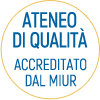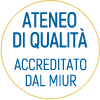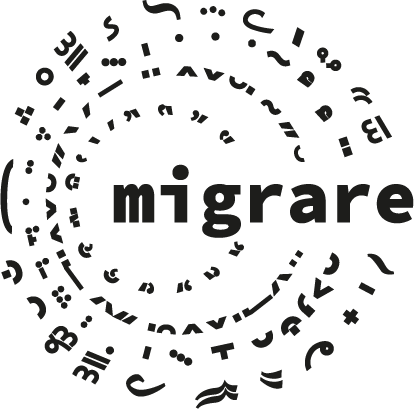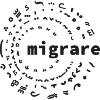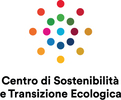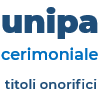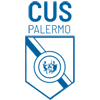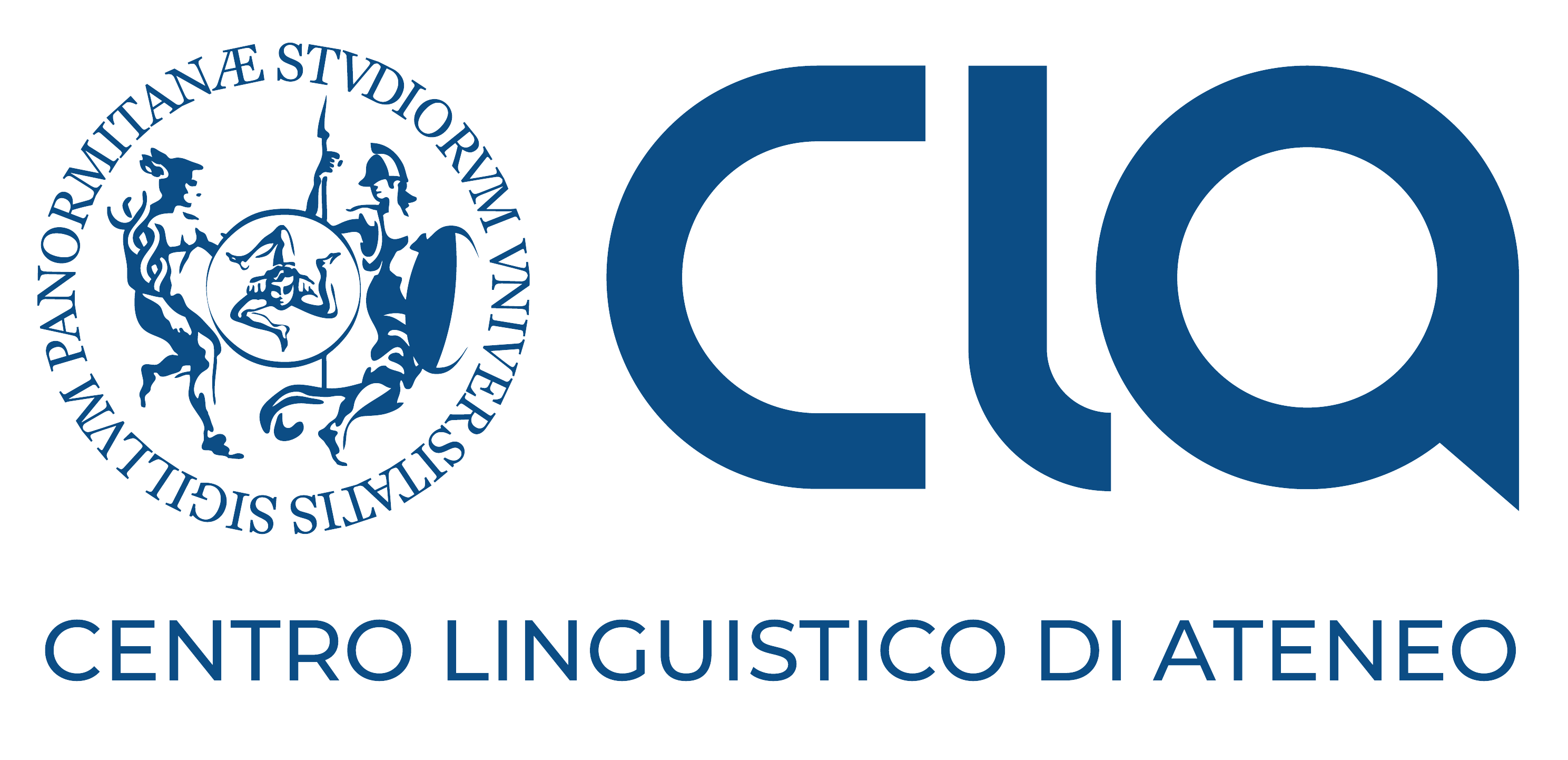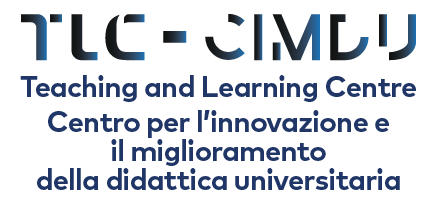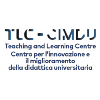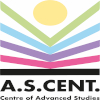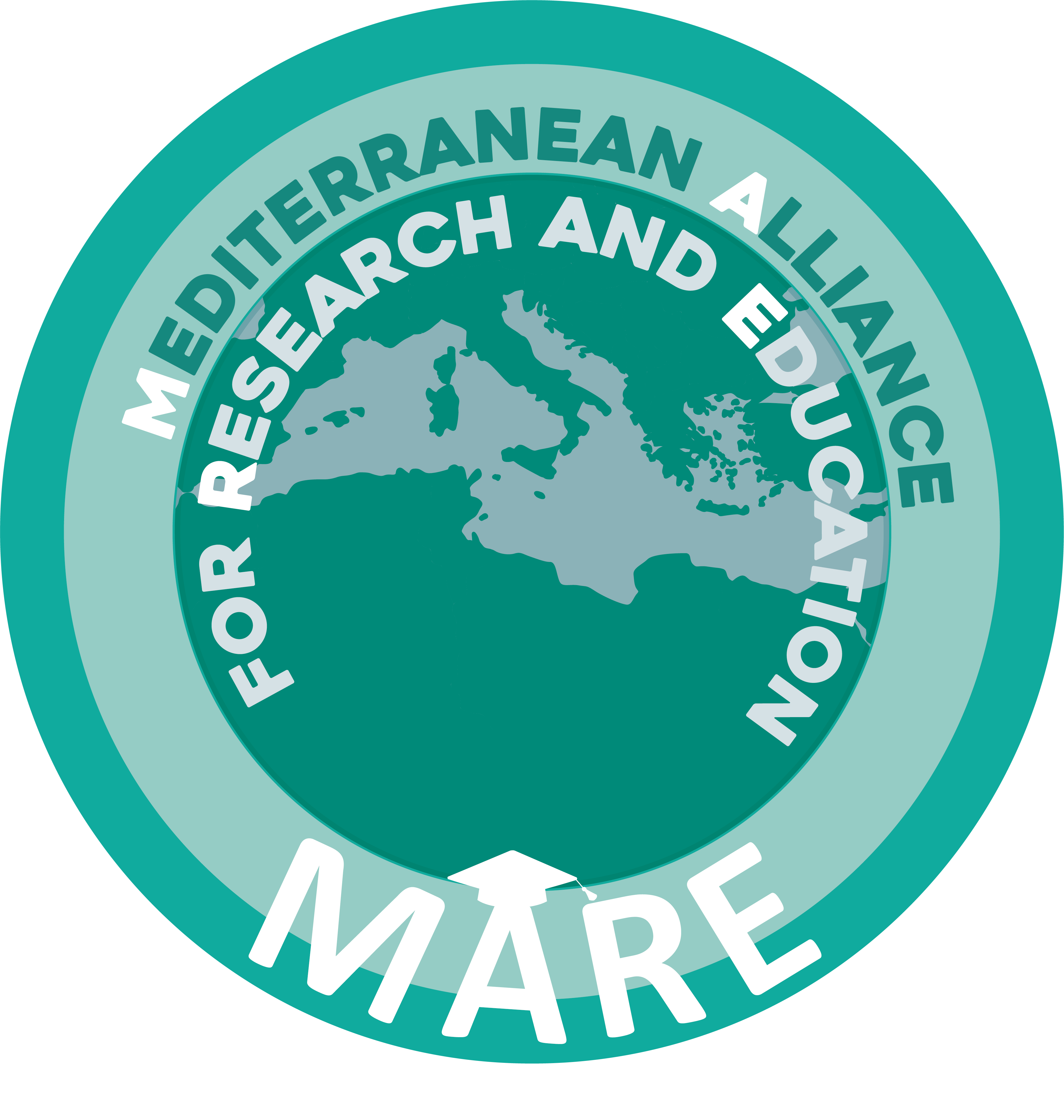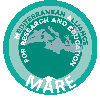SMAART Laboratory
SMAART Laboratory (Sustainable Mobility/Accident Analysis/Research&Training)
The RESET project, realized by the funding program POR FESR Sicilia 2007-2013 (Asse IV, Obiettivo 4.1.2), made possible the birth of the SMAART Laboratory (Sustainable Mobility/Accident Analysis/Research & Training), managed by the “Transport Research Group” of DICAM. The SMAART Laboratory, which is part of the laboratories of the University of Palermo and also part of the DICAM-Transport and Geomatics Area, will be a place for research on issues related to sustainable mobility and to the reliefs that are required for both the study of mobility and transport, for a depth knowledge of the different features of the territory.
The Laboratory is equipped with a truck simulator, a mobile station for monitoring the environmental and acoustics pollution levels produced by traffic. The software related to the monitoring of noise pollution is independent from the mobile means equipped with the tools aimed at surveying and analyse the emissions, and allows the collection and analysis of the noise levels produced in an airport. The laboratory has also a microdrone UAV, an MMS system, sensors for the detection of pollutants, a thermographic camera, a GPS and a software for transport planning.
The researchers of the Transport Area have started an intensive research in the field of the behavior of the drivers, with particular reference to the driving techniques to reduce the fuel consumption and emissions of greenhouse gases. In this specific field, although the engine technology and performance of commercial vehicles have been improved in a significant way, most of the drivers do not have adjusted their driving technique to the adoption of responsible personal behavior. This activity is made possible thanks to the availability of the driving simulator for heavy vehicles. The results obtained from a correct driving technique, not only in terms of fuel economy, but also on the cost of vehicle maintenance, safety and driving comfort, led some associations of hauliers to initiate cooperation agreements aimed at making point of a research activity in the field of road haulage and to implement the techniques of eco-driving through the training of senior professional (but also high school diplomates and postgraduate).
Staff:
Salvatore Amoroso, Gino Dardanelli, Mauro Lo Brutto, Marco Migliore, Giuseppe Salvo




